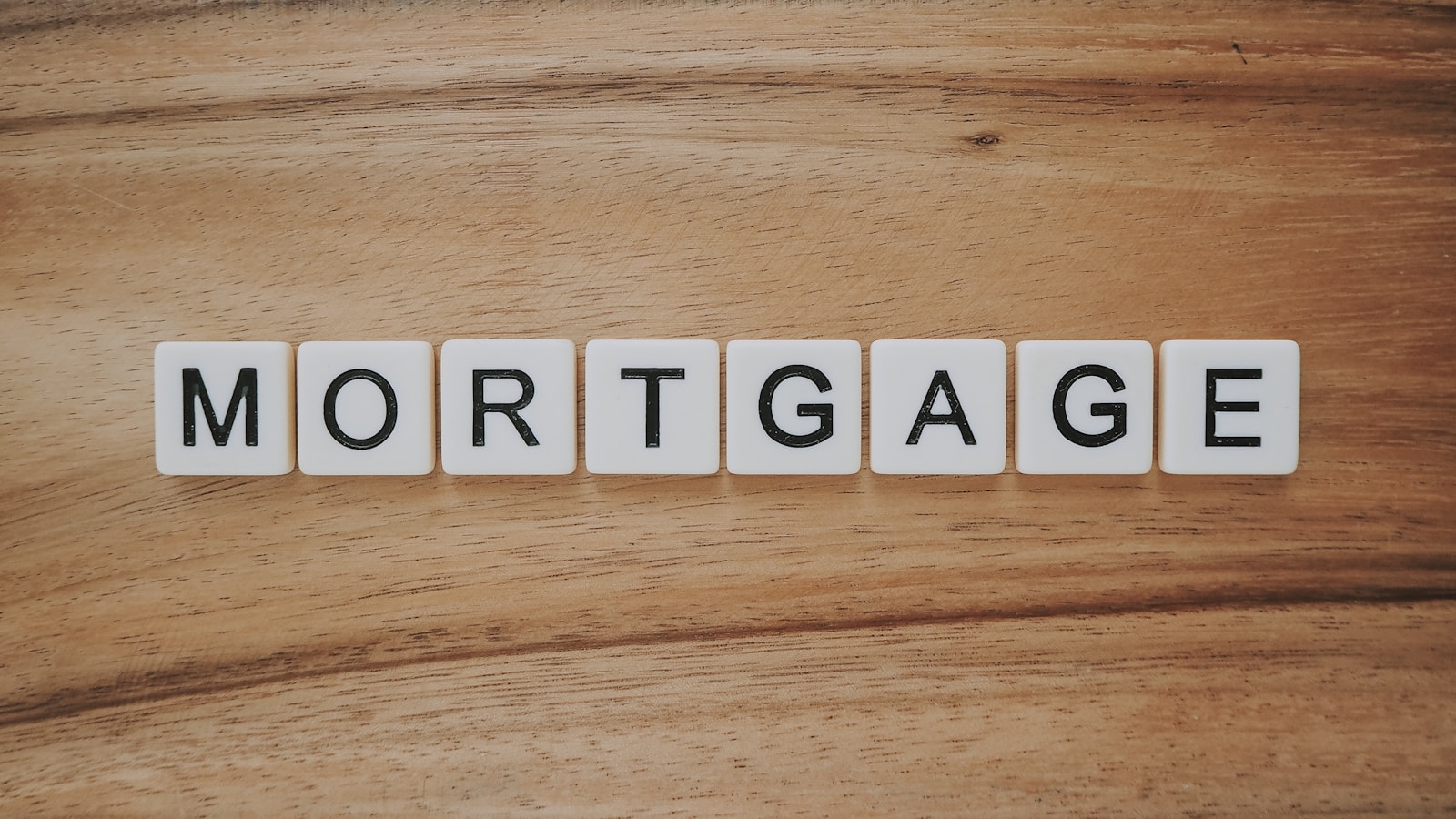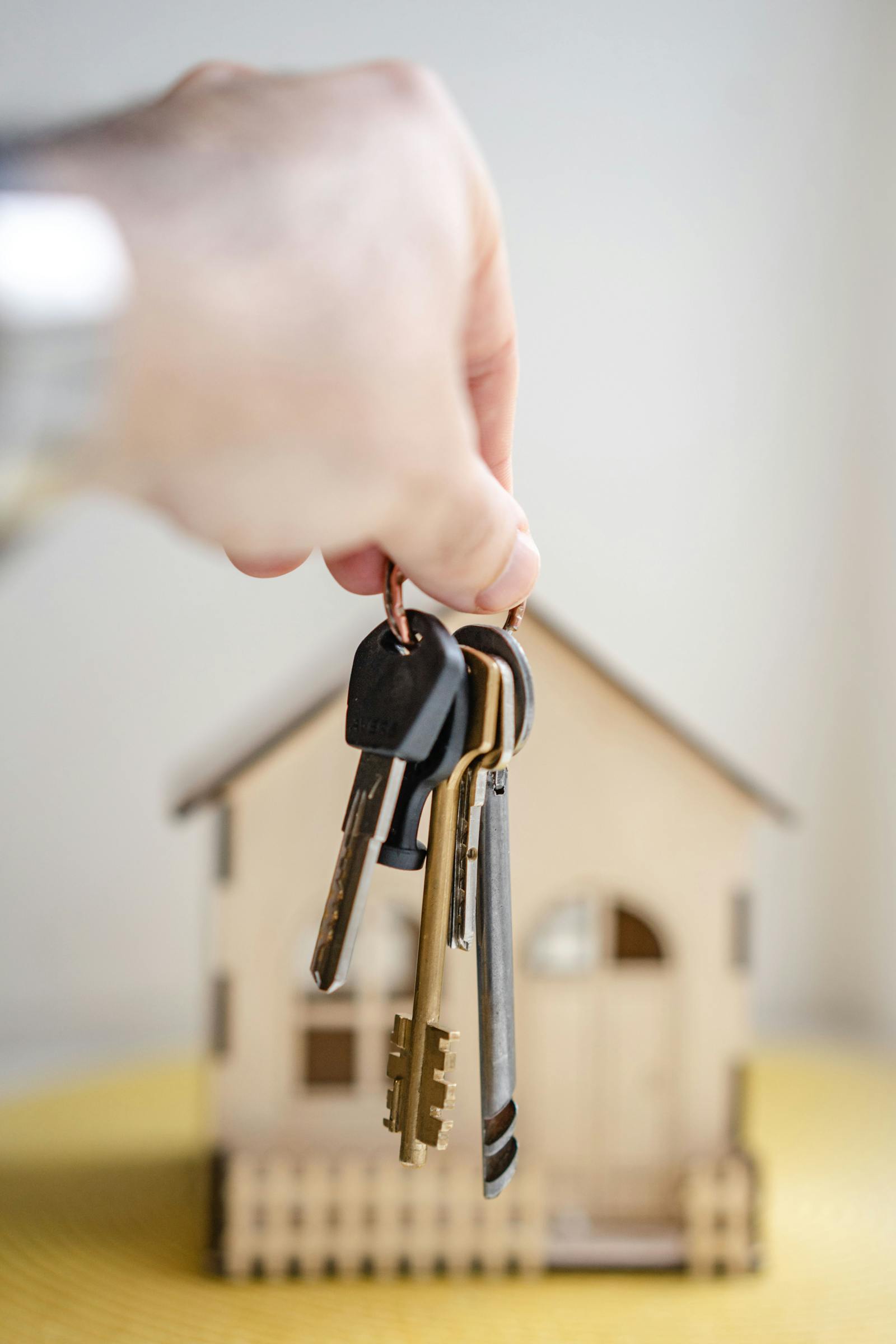Start with a Brainstorming Session: Begin by brainstorming with anyone involved in the decision-making process. Encourage everyone to express their preferences openly.This ensures that everyone is on the same page when you are out shopping for your new home.
Create Separate Lists for Needs and Wants: Differentiate between your non-negotiable needs and your preferences or wants. Needs are essential factors that your new home must have, while wants are features that would be nice to have but are not crucial. Rank these in order of importance to help guide your decision-making process. Consider future needs - Are you planning to start a family? Do you anticipate needing space for aging parents or guests? Factor in potential lifestyle changes when outlining your needs and wants.
Identify Essential Needs: Consider factors such as location, size, number of bedrooms and bathrooms, specific amenities (like a backyard or garage), and any accessibility requirements. These are the features that are fundamental to your lifestyle and must be met by your new home.
Consider Your Lifestyle: Think about how you currently live and what features would enhance your daily life. For example, if you work from home, you might prioritize a dedicated office space. If you enjoy entertaining, a spacious kitchen or outdoor area might be important. If you workout regularly, you may want to consider homes close to a recreation center.
Be Flexible: While it's important to prioritize your needs, remain open to compromise. Rarely will you find a home that ticks every box on your list. Consider which features are non-negotiable and where you're willing to be flexible.
Review and Revise as Needed: As you view potential properties and gain more insights into the market, be prepared to revisit and revise your lists. Your priorities may shift based on what you discover during your search process.
Discuss your needs and wants with your Realtor®, that’s me!
%20(8%20x%204%20in)%20(12%20x%204%20in)%20(12%20x%206%20in)%20(16%20x%208%20in)-3.png)







